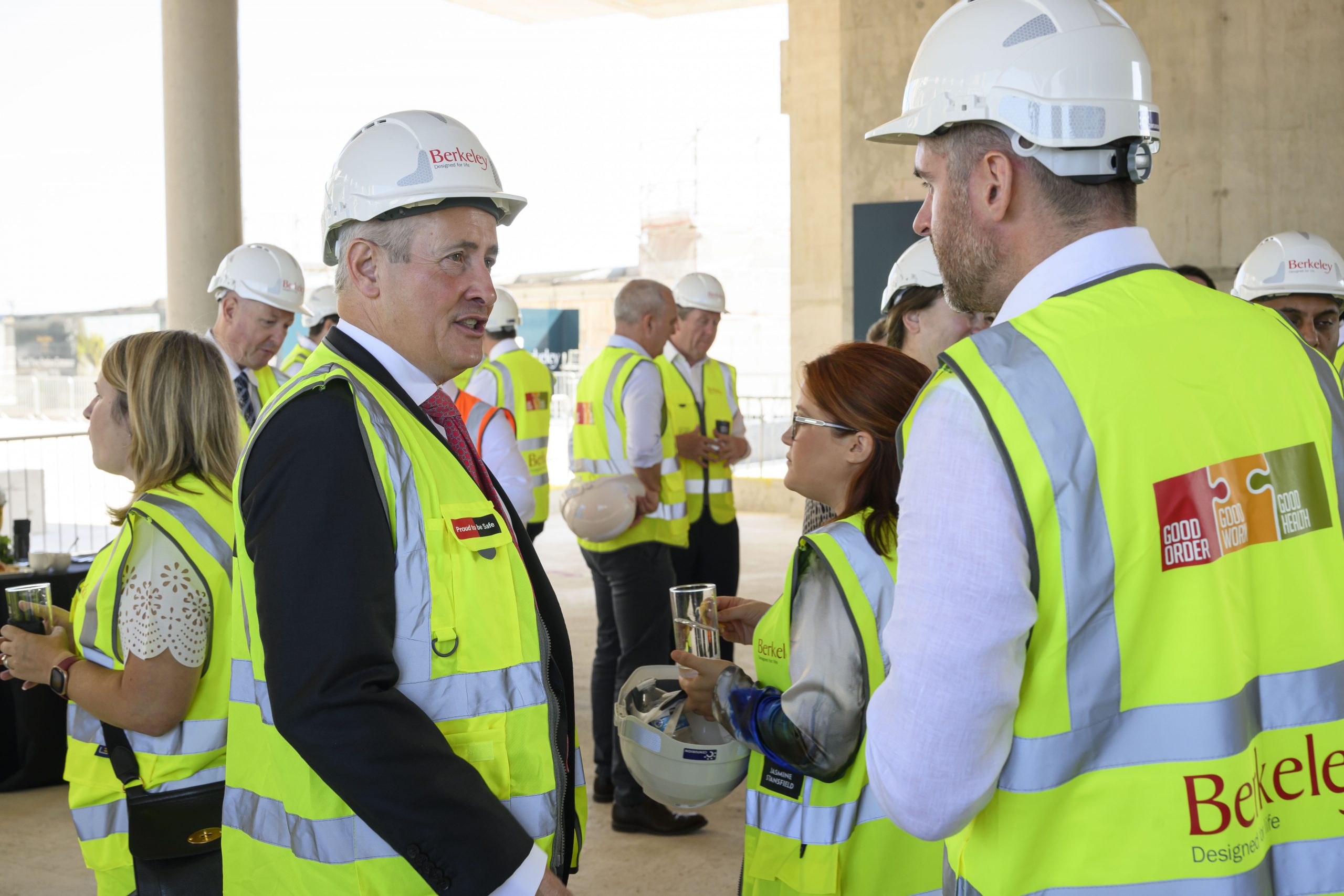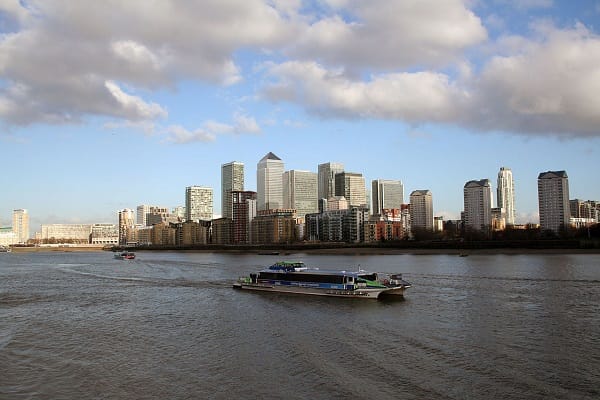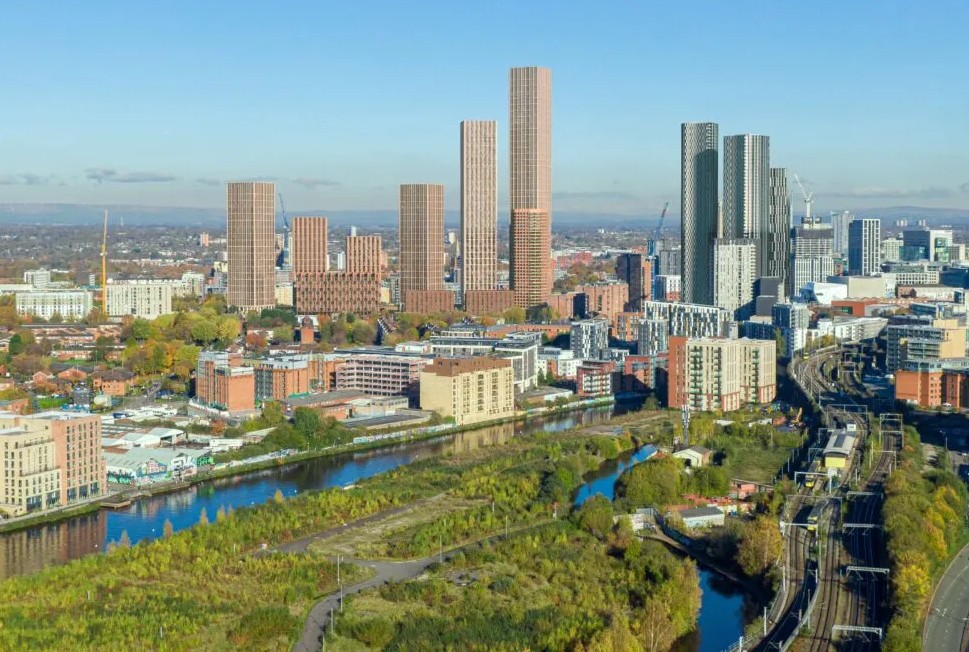Life sciences real estate demand is set for a major uplift after Knight Frank reported a 77% jump in venture capital (VC) funding for pharma and biotech sectors in the first half of the year.
In the second quarter of the year, the life sciences sector was the third largest sector in the UK by deal value, behind the software and financial services sectors, Knight Frank said.
While VC funding for pharma and biotech fell 3% quarter-on-quarter, the sector attracted £559m in Q2, up 46% year-on-year in terms of deal value and 81% above the 10-year quarterly average.
Knight Frank predicts this is likely to boost lab and office demand, with leasing and investment volume forecasts for the Golden Triangle area encompassing Oxford, Cambridge and London growing increasingly optimistic after the area accounted for 56% of life sciences deals, and 68% of deal value, in Q2.
The UK now accounts for around 5% of global market share for pharma and biotech VC funding, leading Europe and behind only the US and China.
Knight Frank partner Jennifer Townsend said the UK had “cemented its position as a prime incubator for life sciences start-ups” and added: “As the domestic macroeconomic and political landscape stabilises, the sector is poised for further growth, drawing increased venture capital.”
Lab demand in Oxford increases 63% on the previous quarter to 387,000 sq ft in Q2, while demand in Cambridge remained steady at 667,000 sq ft.
Demand for London lab space fell, with some occupiers putting their search for space on hold amid persistent economic and political stability, Knight Frank said.
The agency said the early measures promised by the new Labour government, including planning reform and the creation of a national wealth fund, “could deliver £8bn of new investment into the UK economy”.
Global sentiment is also optimistic, Knight Frank said, with a GlobalData survey revealing 73% of industry professionals polled were confident in sector growth for the coming year, up from 47% in 2023.
But the firm warned that supply constraints persist across the Golden Triangle, with Cambridge having only 150,000 sq ft of available space, leaving a 520,000 sq ft shortage. Only 157,000 sq ft is due to be completed over the next year, meaning supply pressures are likely to continue into 2025 and beyond.
Townsend said: “While recent months have seen subdued take-up, with some activity paused and a lack of large transactions, demand remains steady, especially for smaller units suited to nurturing pharma and biotech startups.
“An uptick in activity is anticipated in the second half of the year and into 2025. But to fully capitalise on this potential, start-ups need comprehensive support to scale up operations within the UK and bring innovations to market successfully.”
Emma Goodford, head of life science and innovation at Knight Frank, said it anticipated “a growing number of development opportunities will be unlocked toward the end of 2024 and into next year”.
She attributed this to cost pressures easing and the new government “injecting some much-needed certainty and stability into the UK market”.
Goodford added that a lack of development “of new high-quality space remains a key barrier to converting high-growth start-ups into flourishing, sustainable businesses”.








